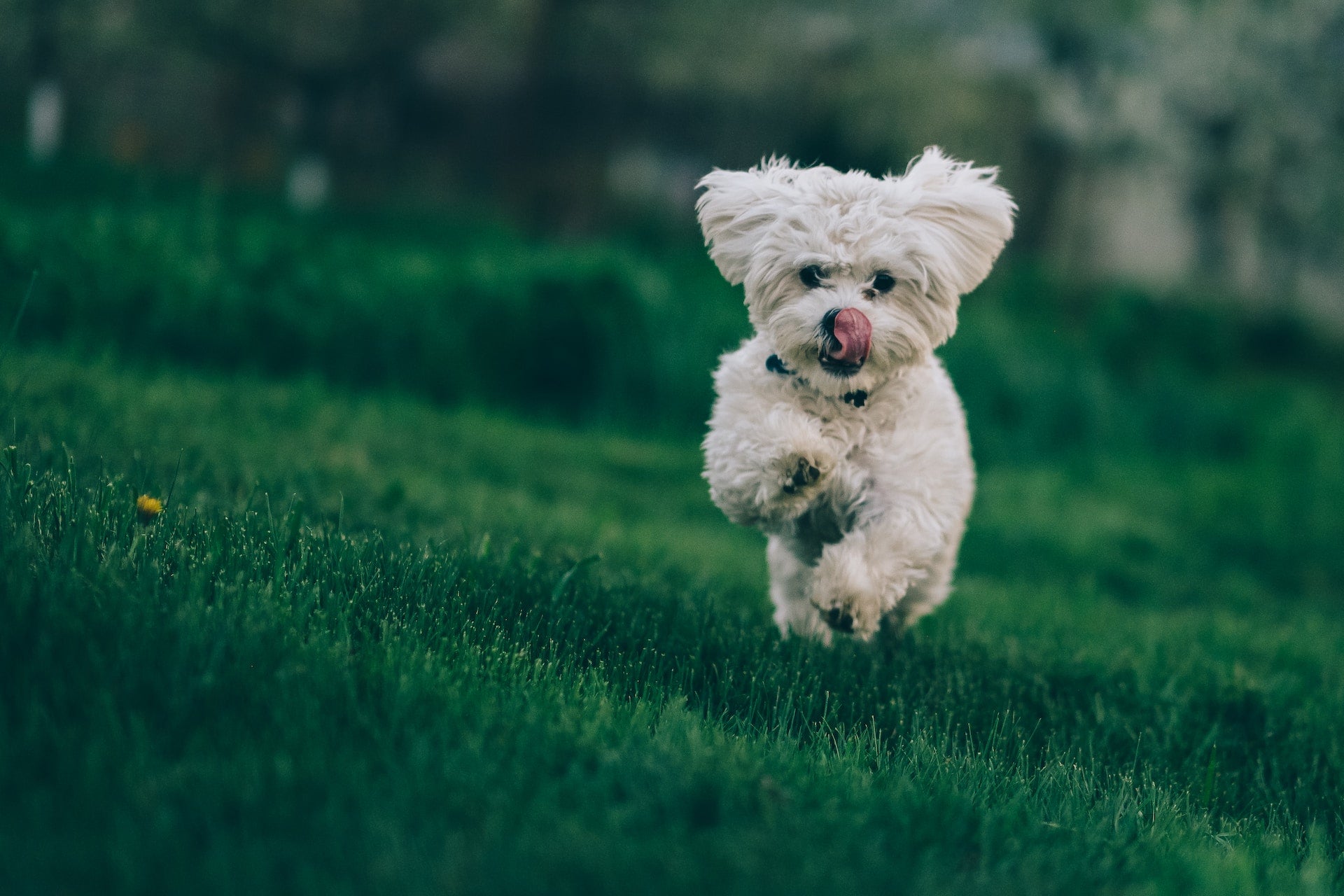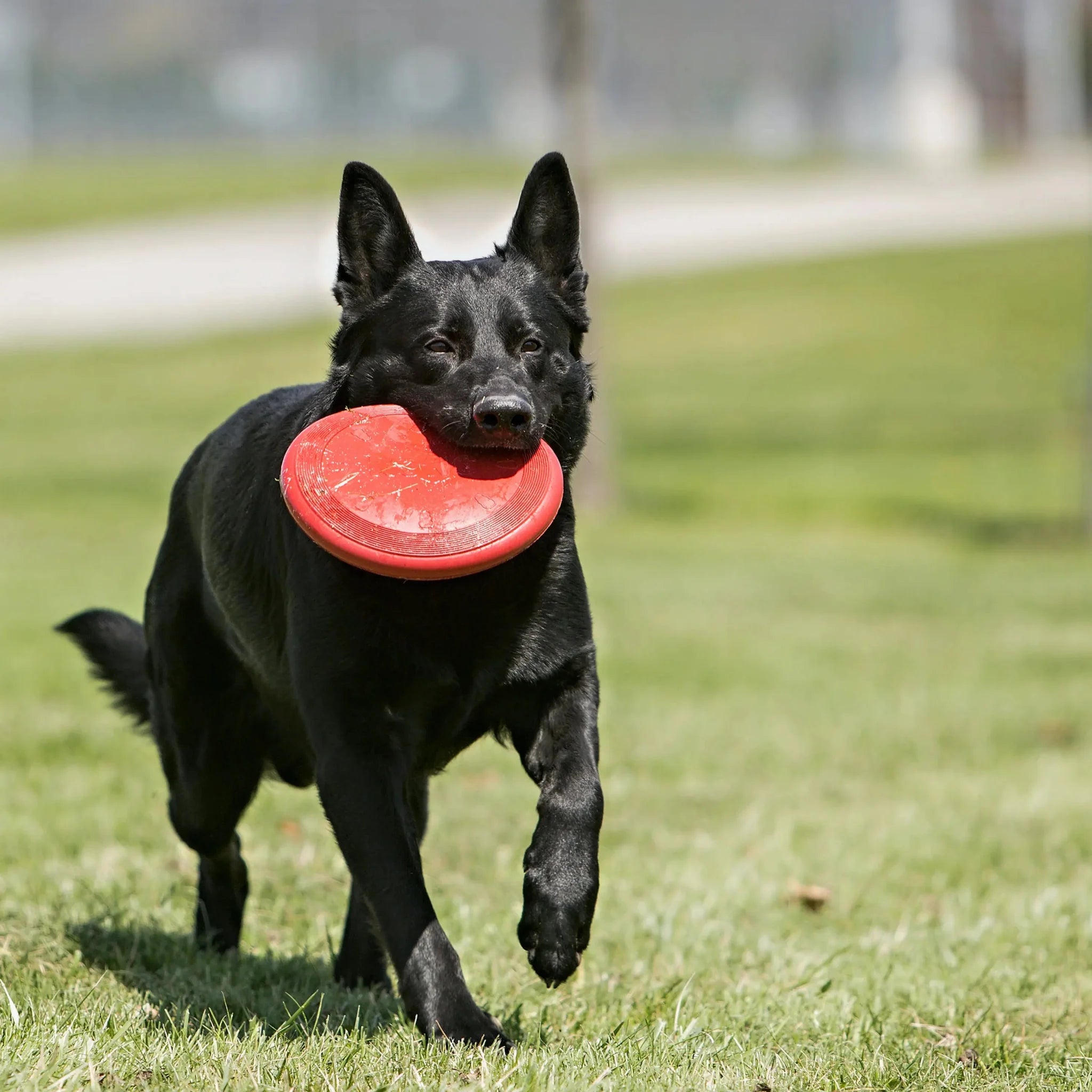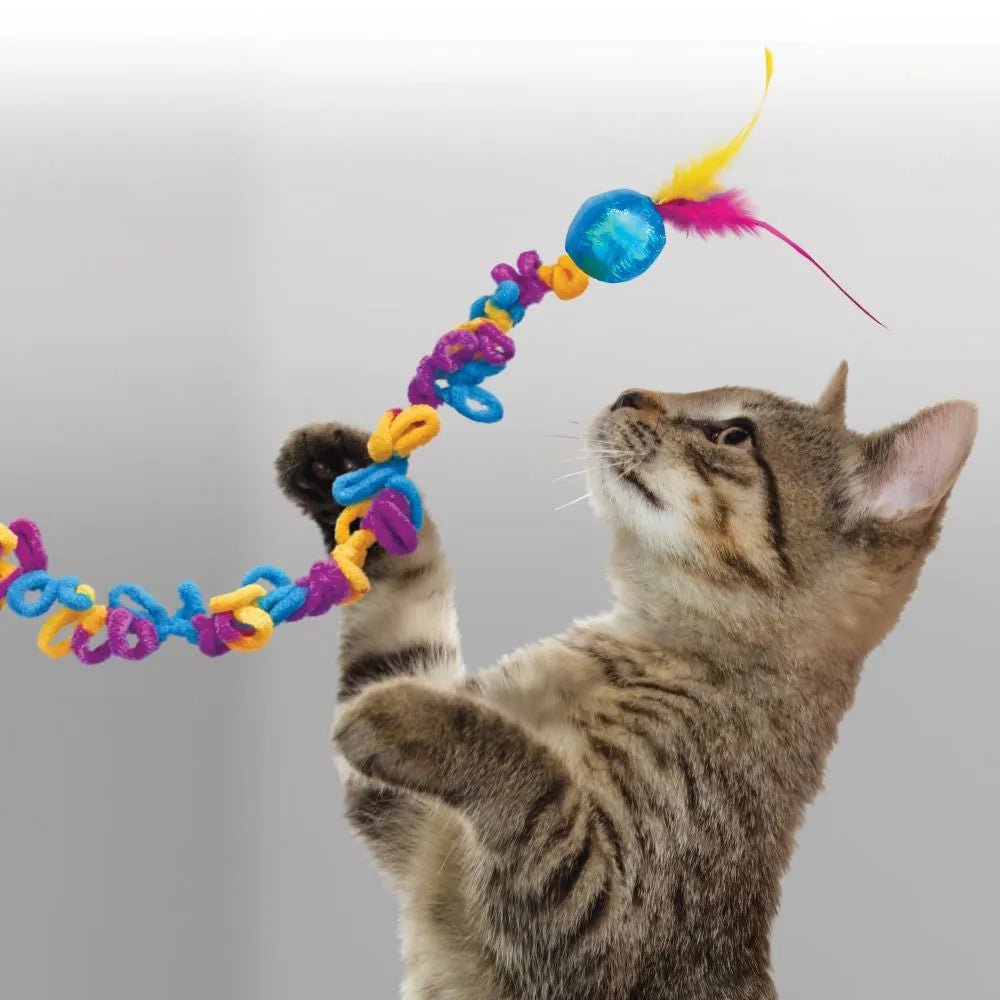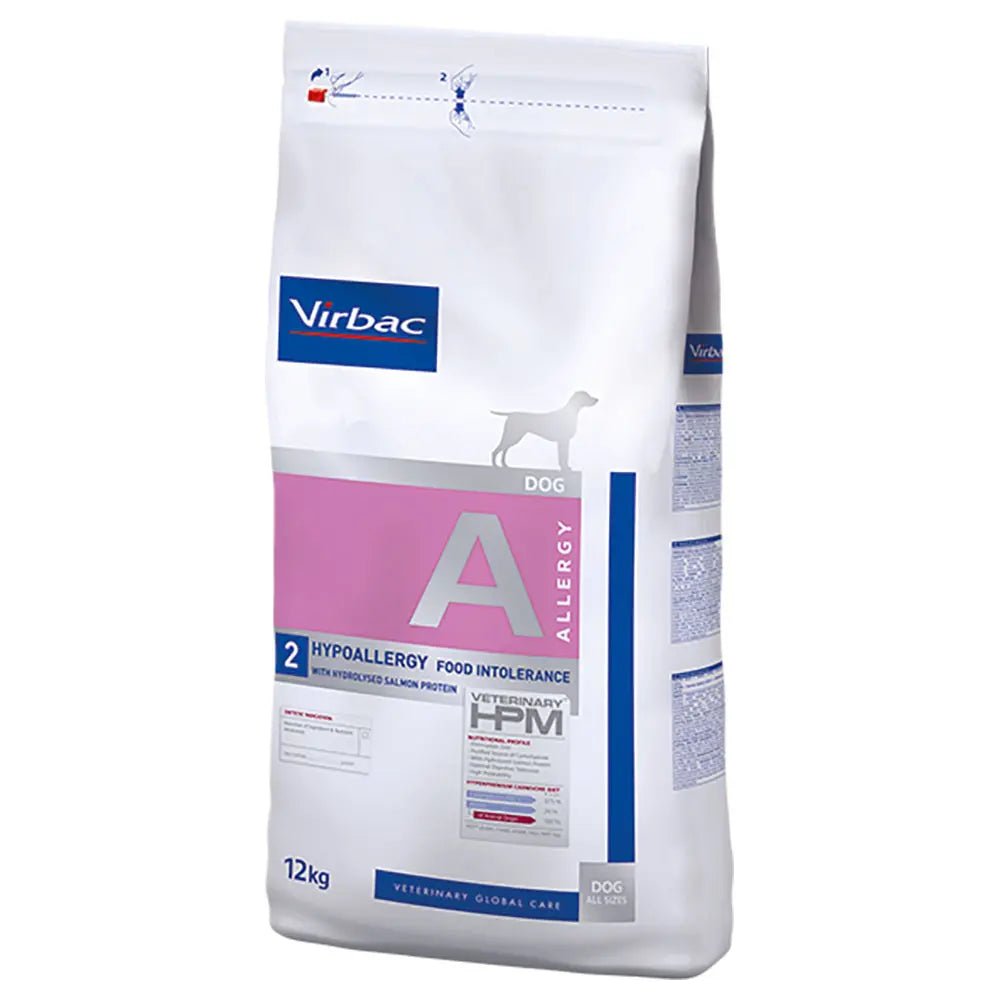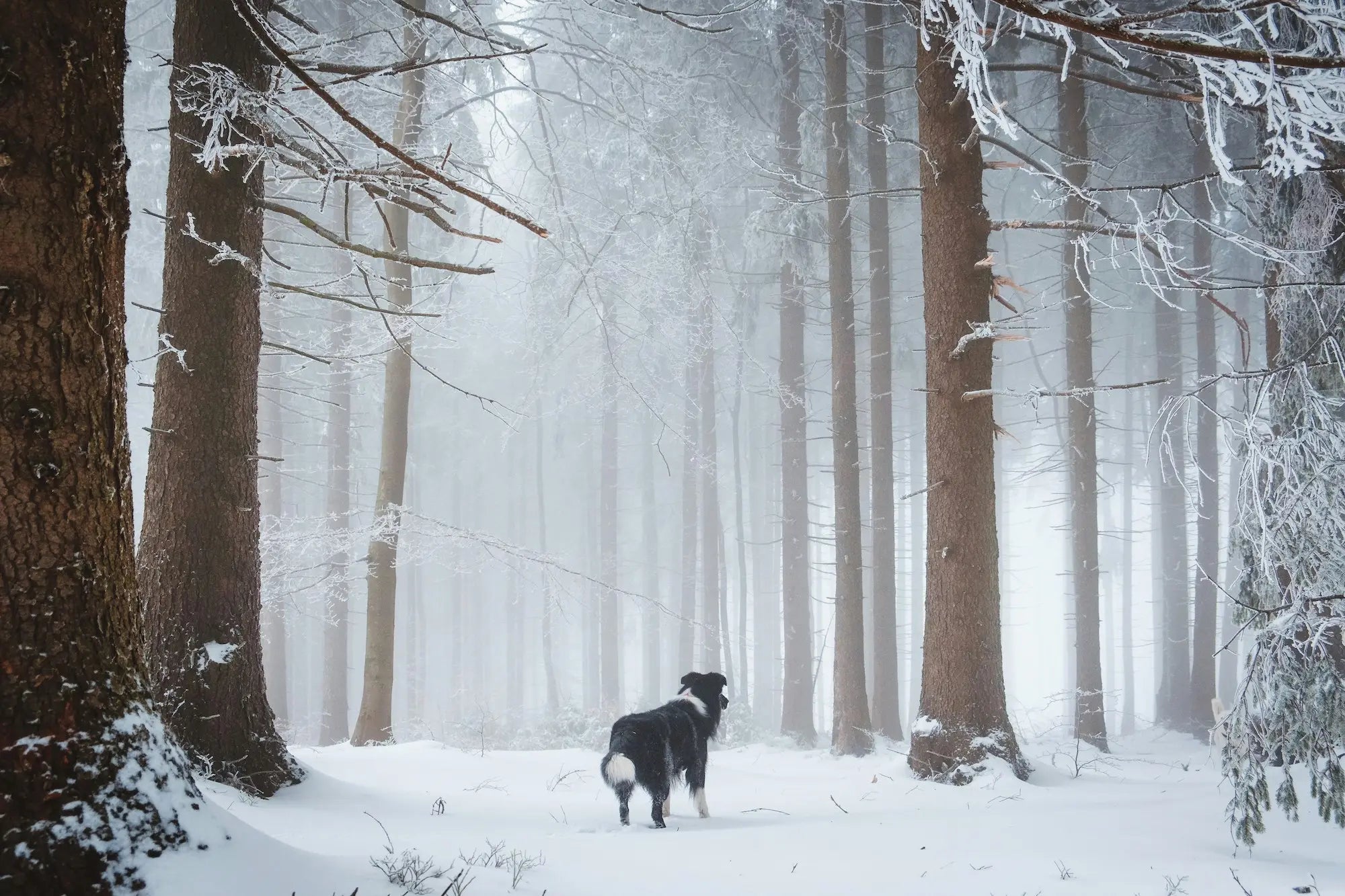The Havanese is a loving and playful dog that can become your family's constant companion for years to come. Wondering if a Havanese is the right dog for you? Here we give you an introduction to the dog's qualities and needs. and the demands it places on you as the owner.
race facts

Family friendly

Activity level

Fur care

Training needs

Clearing

Size
Facts about the breed
The Bichon Havanese originated in the Mediterranean, and according to historians, was a regular fixture on Italian and Spanish merchant ships in the 18th and 19th centuries. The ships took the dog to Cuba, where it was given as gifts among the upper classes. Cubans brought the Bichon Havanese breed to the United States, and from there it spread to the rest of the world.
What can you expect as an owner of a Bolognese dog?
Personality
Personality
The Bichon Havanese is a small, charming and sociable breed of dog that is very suitable as a family dog. It is known for its playful energy, loving nature and strong attachment to the people it lives with. The breed thrives best when it is allowed to be close to its family, and it usually has a good relationship with children, which makes it a popular dog in families with children.
Even in adulthood, the Havanese retains its puppyish and lively temperament, and loves to play and be the center of attention. At the same time, it is alert and aware of its surroundings, and will often let you know if something seems unusual – without being aggressive.
The dog's need for closeness and companionship means that it does not thrive alone for long periods of time, and it is therefore best suited to homes where someone is present for much of the day. The breed requires moderate exercise, but plenty of social interaction and mental stimulation. With its friendly, mischievous and loyal disposition, the Bichon Havanese is an ideal companion for both young and old.
Activity level
Activity level
The Bichon Havanese is a lively and energetic dog with a high activity level. It is very people-loving and thrives best when it is close to its owner. The breed has a strong need for social contact and likes to follow its owner around the house. As an alert and attentive dog, it will often react to unusual sounds or situations – and will probably bark to warn. This makes it a good little “alert dog”, although it is not a typical guard dog.
Training
Training
The Bichon Havanese requires regular and moderate exercise to stay healthy and happy. It needs daily walks, but the most important thing is that it gets to use both body and mind. On walks, it likes to explore its surroundings and needs mental stimulation through new impressions, play and contact with people and other animals. The breed greatly appreciates being part of social situations and thrives in company – whether at home with the family or out among people.
Health
Health
Weight and size
The Bichon Havanese is a small, lively and sociable breed of dog that fits well into most homes, especially where it has a lot of human contact. As an adult, it usually stands between 23 and 27 cm tall at the withers and weighs between 4.5 and 7.5 kg, depending on gender and build. The breed is known for being robust despite its modest size
Lifespan
It usually has a lifespan of 12 to 15 years – many live even longer with good care and regular follow-up.
Historically, the Bichon Havanese has had challenges related to inbreeding and hereditary diseases. Among the most common health problems are patellar luxation (loose kneecaps), eye diseases such as cataracts and distichiasis (misaligned eyelashes), as well as certain skin problems and a tendency towards social anxiety in some individuals.
Hereditary diseases
Thanks to targeted breeding efforts and the use of genetic testing, serious breeders have managed to reduce the incidence of these diseases. It is therefore crucial that you buy a puppy from an experienced and approved breeder who can document health examinations and a pedigree. Both the Norwegian Kennel Club (NKK) and the Norwegian Bichon Havanese Club recommend that parent animals are eye-tested and examined for patellar luxation before being used in breeding.
By choosing a breeder who follows these guidelines, you increase your chances of getting a healthy and well-functioning dog that can be a faithful companion for many years.
Fur
Fur
The Havanese Bichon has a beautiful, soft and long coat that can grow up to 18 cm in length when fully grown. The coat is one of the breed's most distinctive features, and although it does not have much undercoat, it requires considerable grooming. The absence of an undercoat means that the dog sheds very little, which can be an advantage for allergy sufferers and for those who want a dog that does not shed hair in the home.
At the same time, the coat contains little fat, and is therefore not particularly water or dust repellent. This means that dirt and moisture easily stick to it, and the coat can become matted if it is not groomed regularly. Daily brushing is necessary to avoid tangles and keep the coat healthy and fluffy.
When grooming your Havanese, it is important to use a brush that is gentle on the skin – such as a soft brush or a comb designed for long-haired breeds. In addition, a mild dog shampoo and conditioner should be used to protect the quality of the coat and the dog's skin. With proper coat care, your Havanese will maintain its beautiful appearance and well-being throughout its life.
Food and nutrition
Food and nutrition
When choosing the right food for your Havanese, it is important to consider your dog's individual needs and lifestyle. The food choice should be balanced according to energy level, age, activity level and any health challenges. The Havanese is an active and lively dog, but since it is small in size, it does not need large amounts of food - quality is more important than quantity.
One challenge many owners experience with the breed is a tendency to tartar. Bichon Havanese often have a dense set of teeth, which makes it easier for plaque to build up. A good tip is therefore to choose a dog food that is formulated to promote dental health and reduce plaque and tartar. There are special foods with a mechanical cleaning effect and additives that inhibit bacterial growth in the mouth.
Always consult your veterinarian to find a food that suits your dog's specific needs, especially when it comes to dental health, digestion and coat. Regular dental brushing and regular health check-ups are also important measures to prevent problems and ensure a good quality of life.
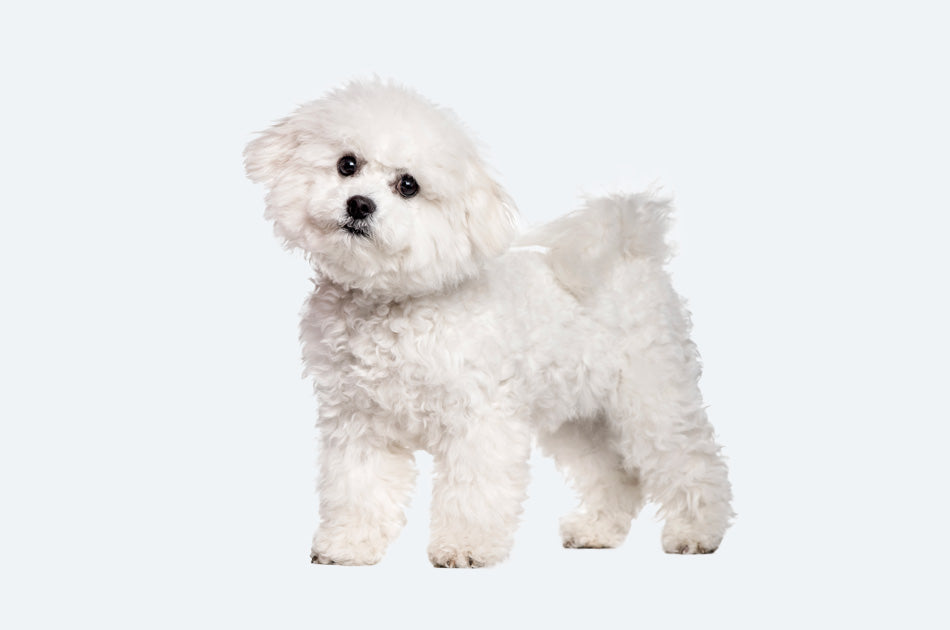
Havanese
Before you decide to buy a Havanese, it is crucial that you take the time to research and find a reputable and responsible breeder. A reputable breeder should be able to document how the puppy was bred, including health information about the parents, a pedigree, and results from necessary veterinary examinations, such as eye exams and patellar luxation checks.
This is important to ensure that you get a healthy puppy with the best possible conditions for a good life, and at the same time avoid supporting unscrupulous operators or illegal dog trading. Unfortunately, there are still many who engage in unethical breeding, without regard for animal welfare or health status – which can lead to serious diseases and behavioral problems in the puppies.
Once you have found a breeder who follows the recommendations of the Norwegian Kennel Club or the breed club, you must be prepared that a Bichon Havanese can cost up to 25,000 kroner. This price often reflects extensive health work, quality breeding and well-socialized puppies. A safe and thoughtful choice at this stage provides a good starting point for many years with a healthy and happy dog.


